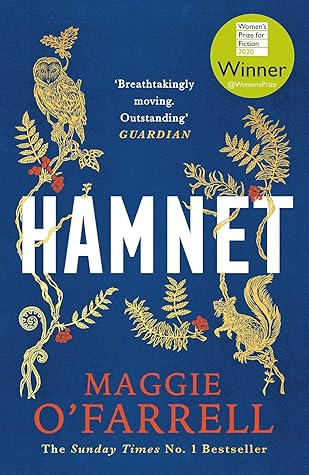More on this book
Community
Kindle Notes & Highlights
Agnes. Said differently from how it might be written on a page, with that near-hidden, secret g. The tongue curls towards it yet barely touches it. Ann-yis. Agn-yez. One must lean into the first syllable, then skip over the next.
She grows up fascinated by the hands of others, drawn always to touch them, to feel them in hers. That muscle between thumb and forefinger is, to her, irresistible. It can be shut and opened like the beak of a bird and all the strength of the grip can be found there, all the power of the grasp. A person’s ability, their reach, their essence can be gleaned. All that they have held, kept, and all they long to grip is there in that place. It is possible, she realises, to find out everything you need to know about a person just by pressing it.
She grows up, too, with the memory of what it meant to be properly loved, for what you are, not what you ought to be. There is just enough of this recollection alive, she hopes, to enable her to recognise it if she meets it again. And if she does, she won’t hesitate. She will seize it with both hands, as a means of escape, a means of survival. She won’t listen to the protestations of others, their objections, their reasoning. This will be her chance, her way through the narrow hole at the heart of the stone, and nothing will stand in her way.
‘The branches of the forest are so dense you cannot feel the rain.’
‘That you had more hidden away inside you than anyone else she’d ever met.’
He has, Agnes sees, done what any father would wish to do, to exchange his child’s suffering for his own, to take his place, to offer himself up in his child’s stead so that the boy might live.


